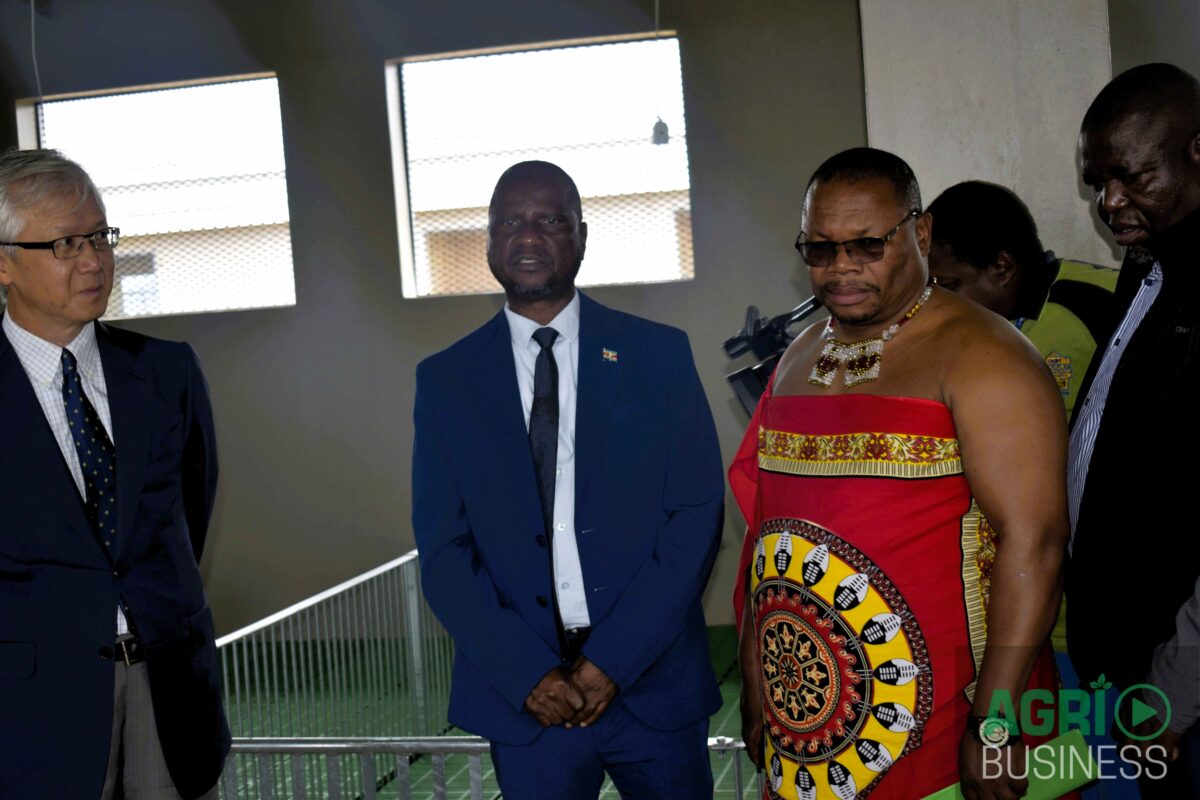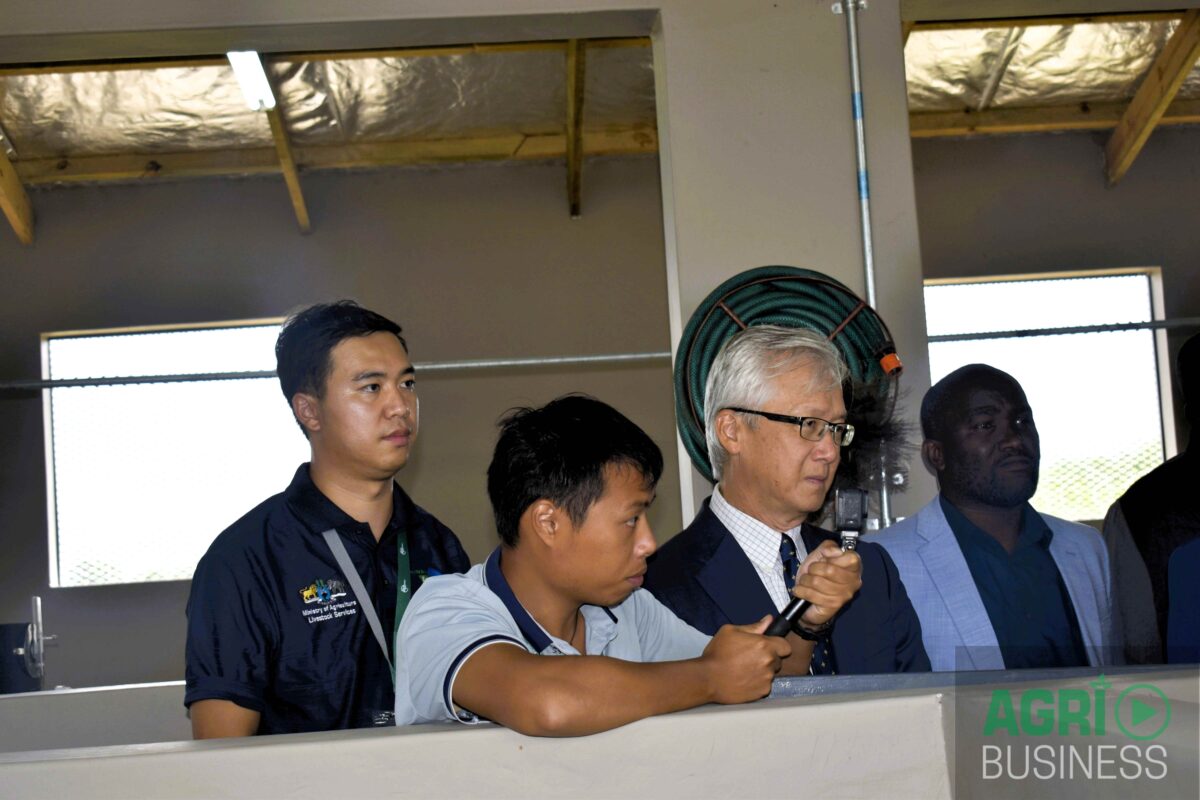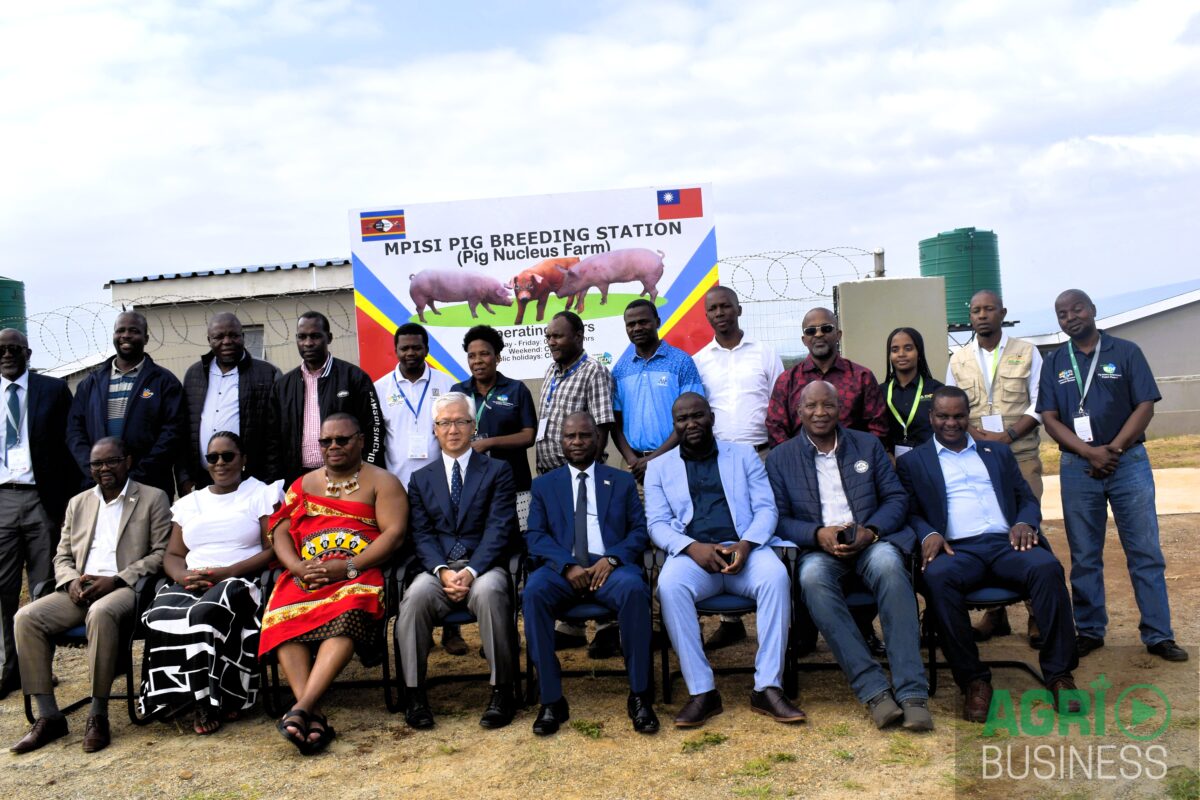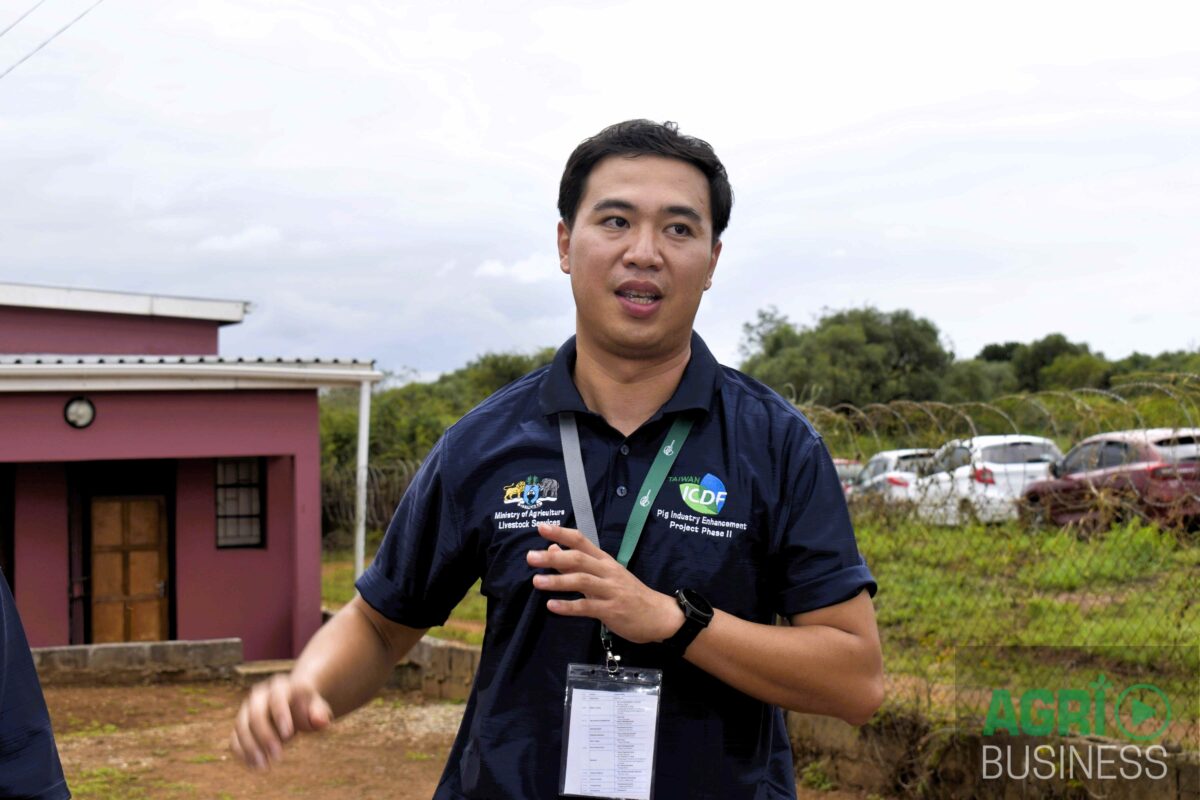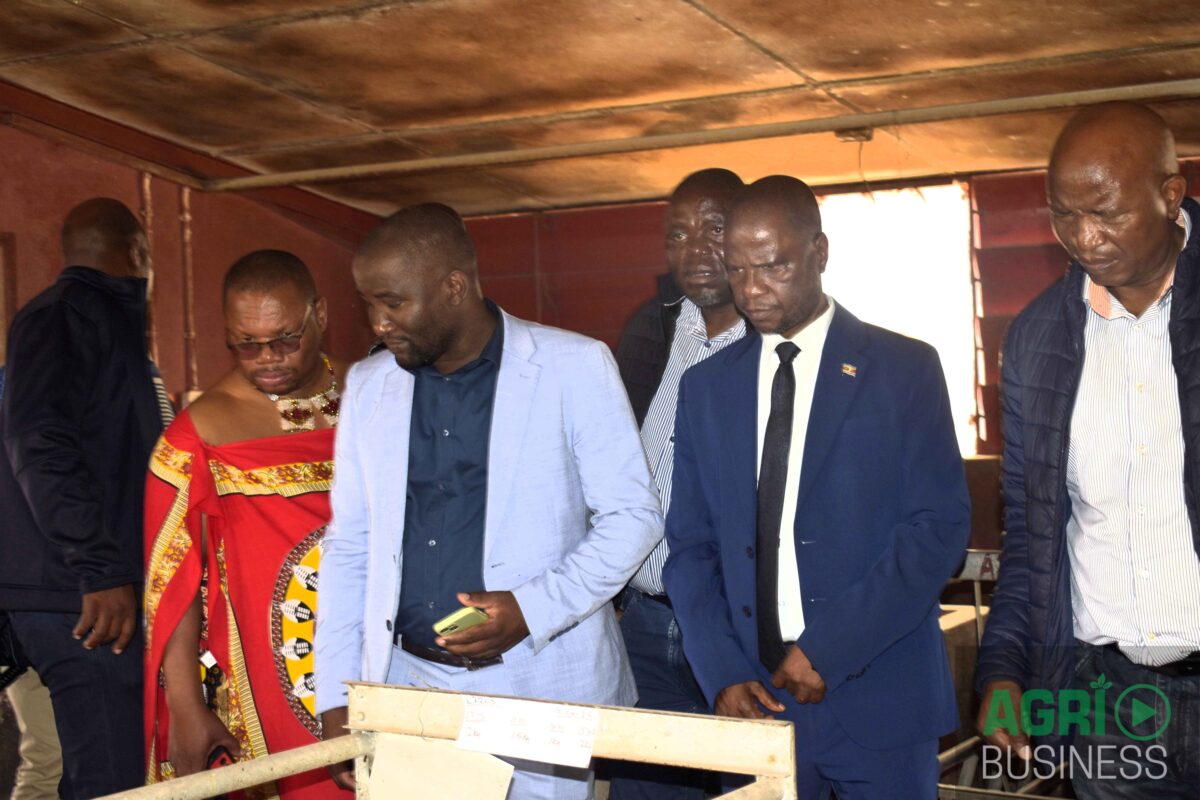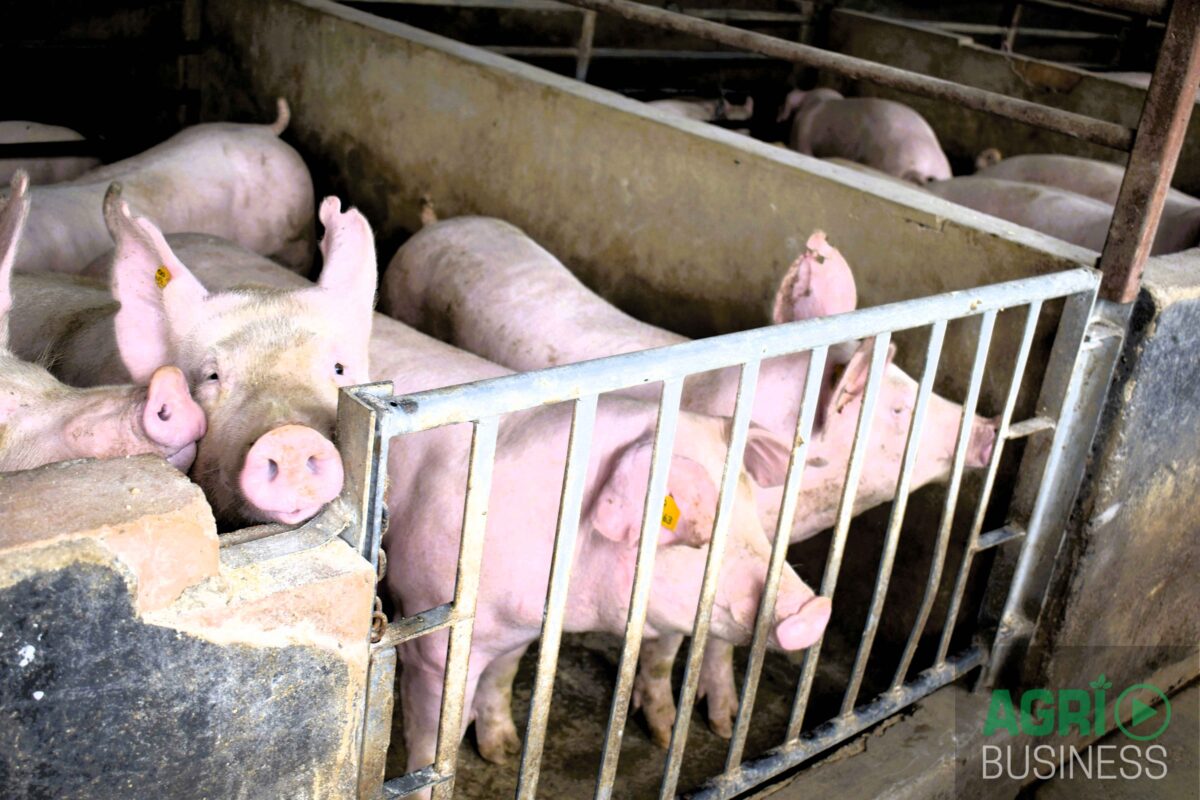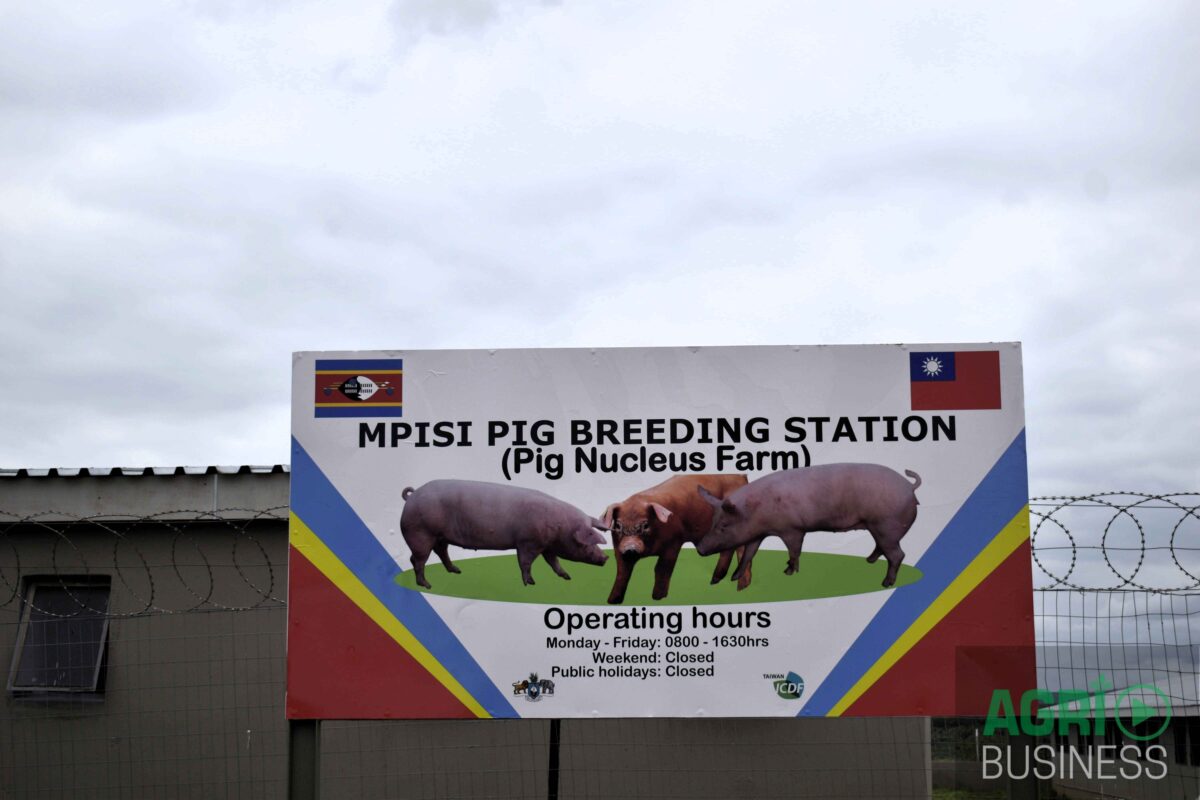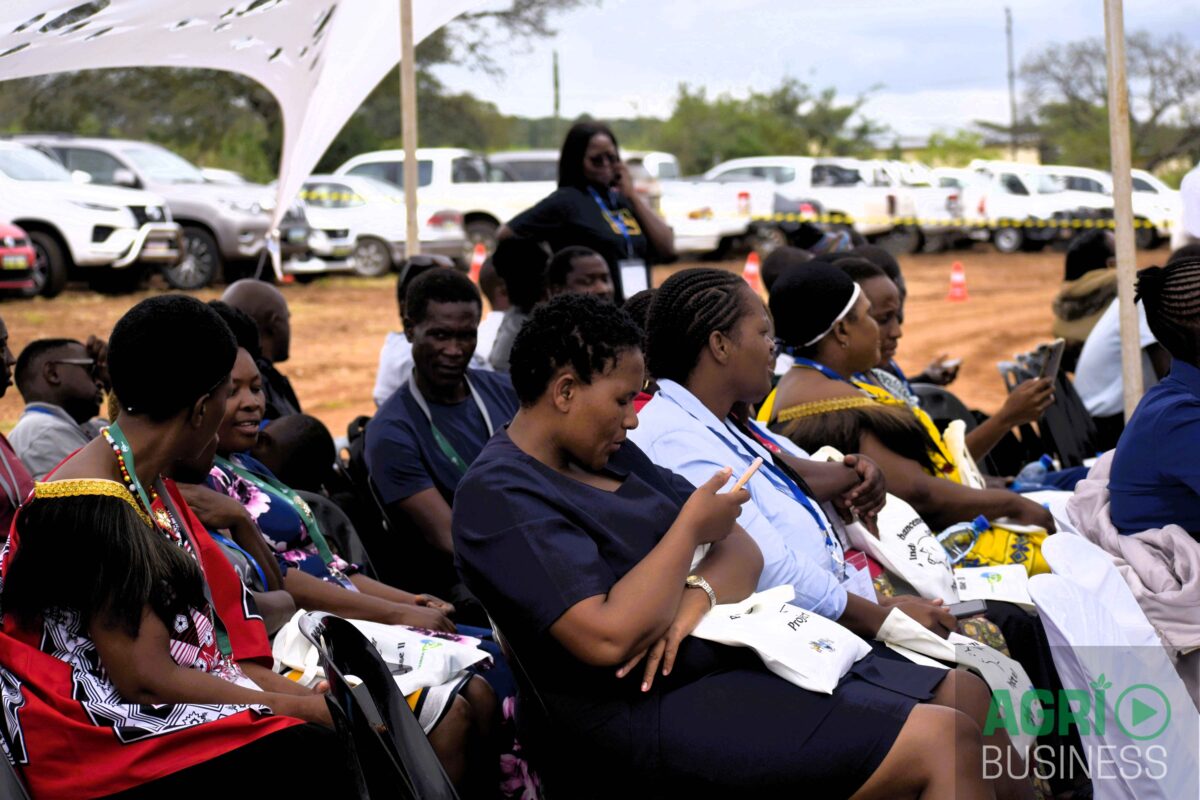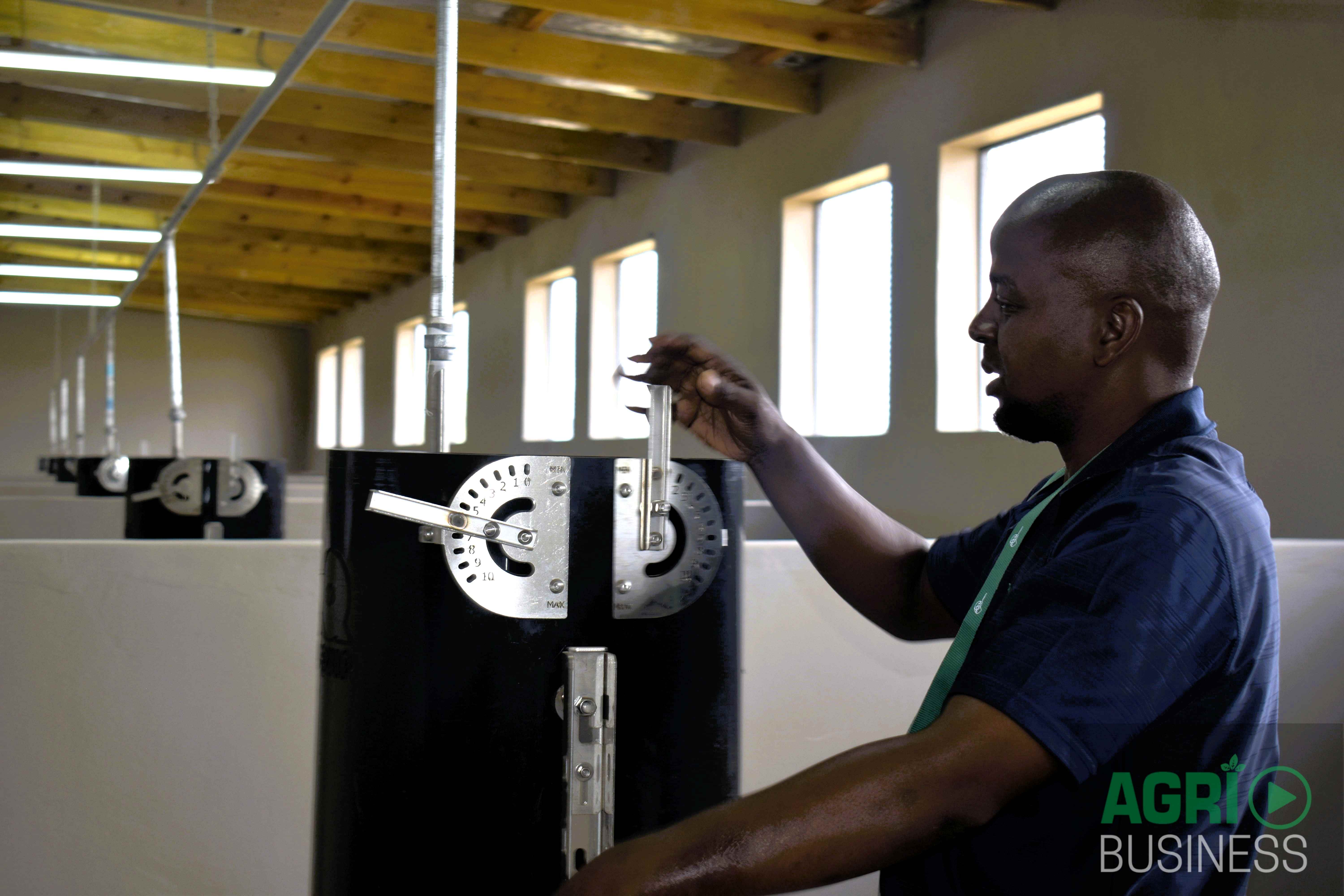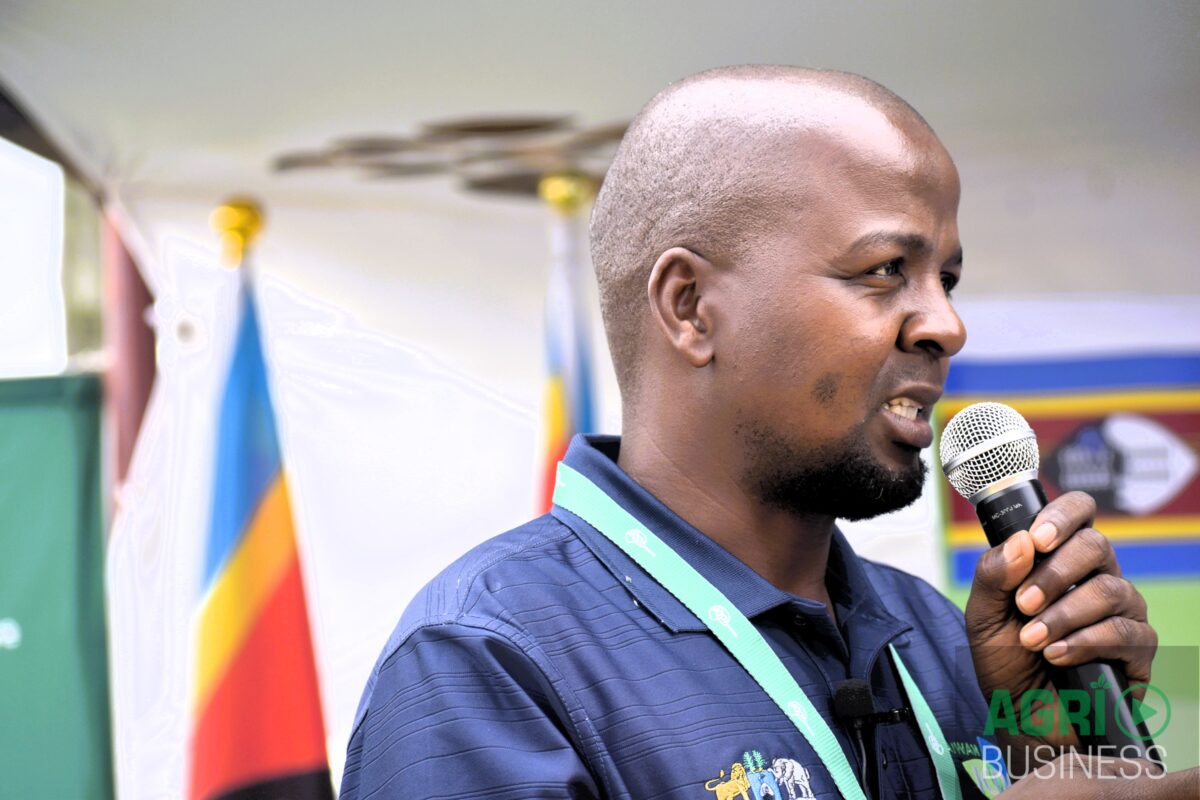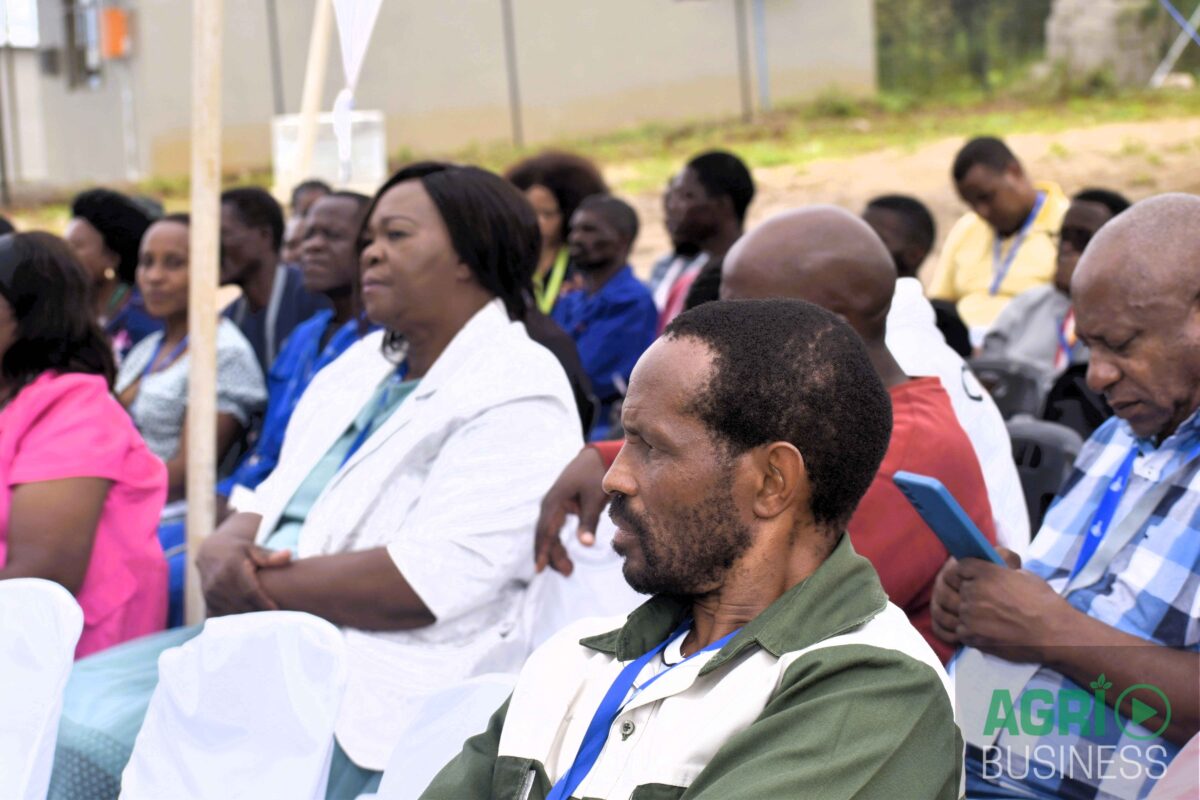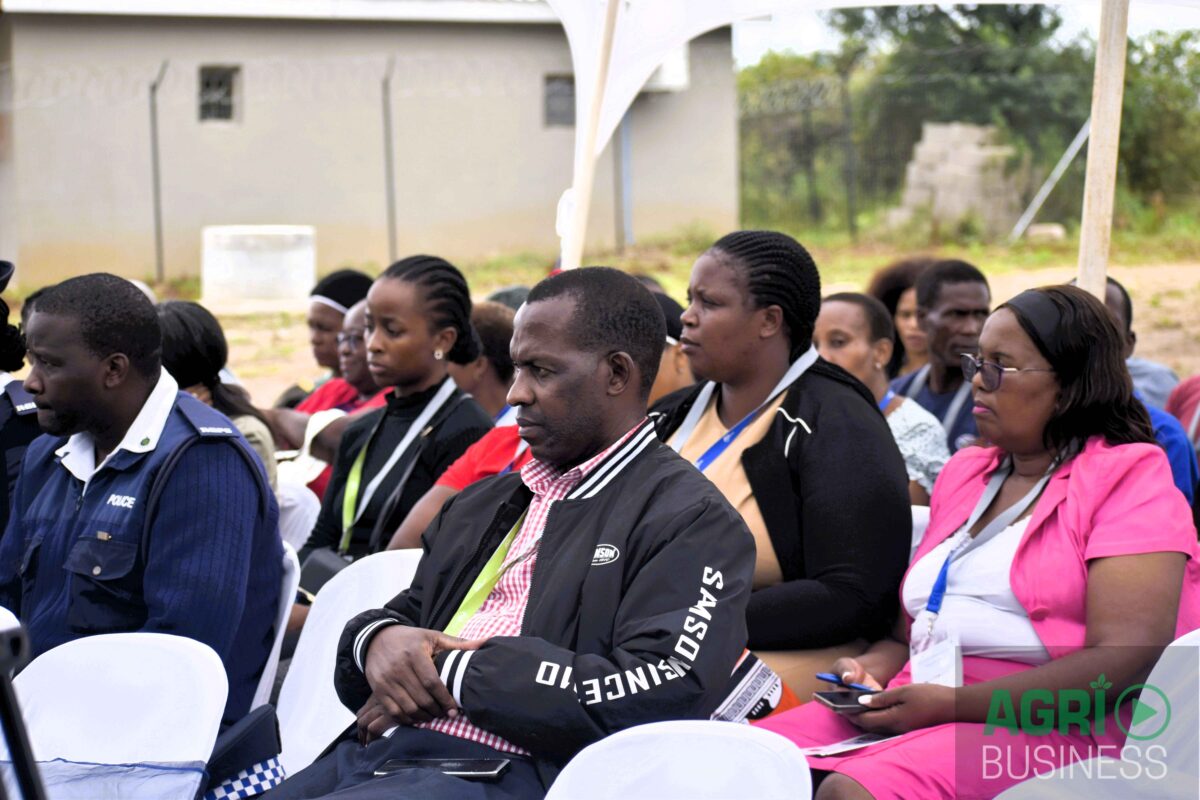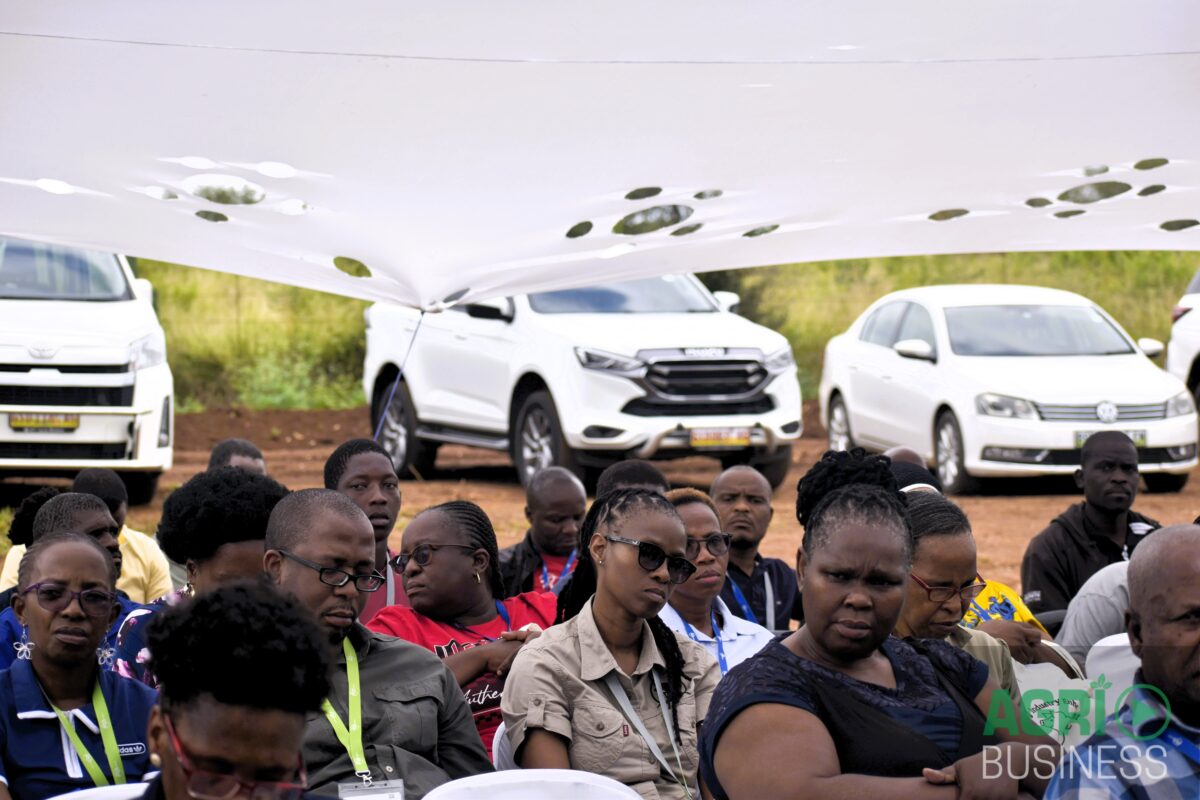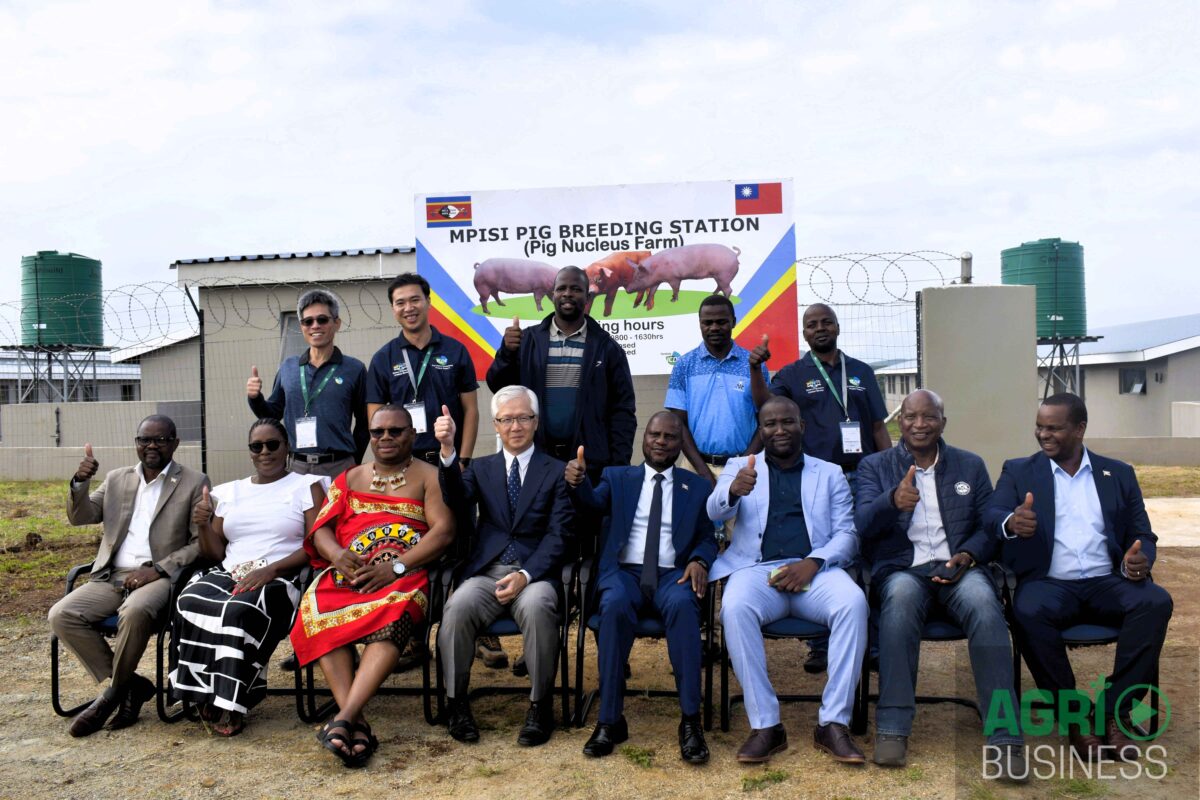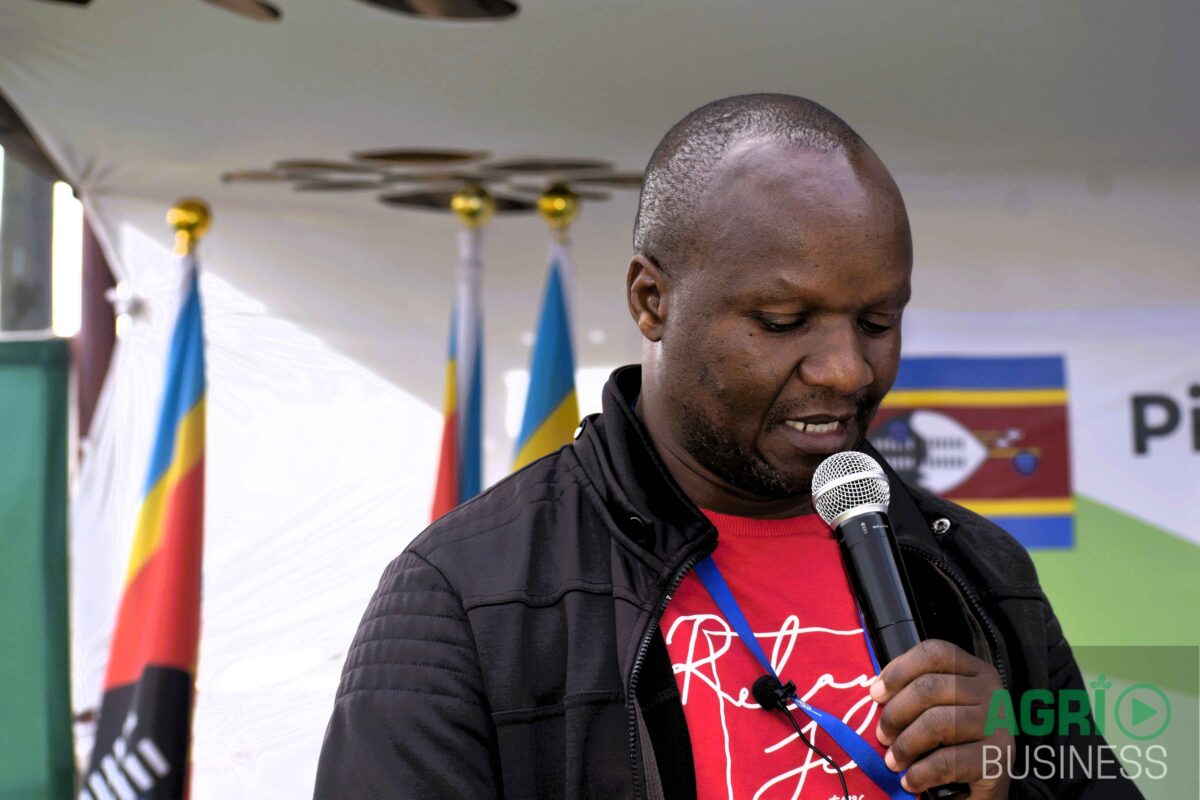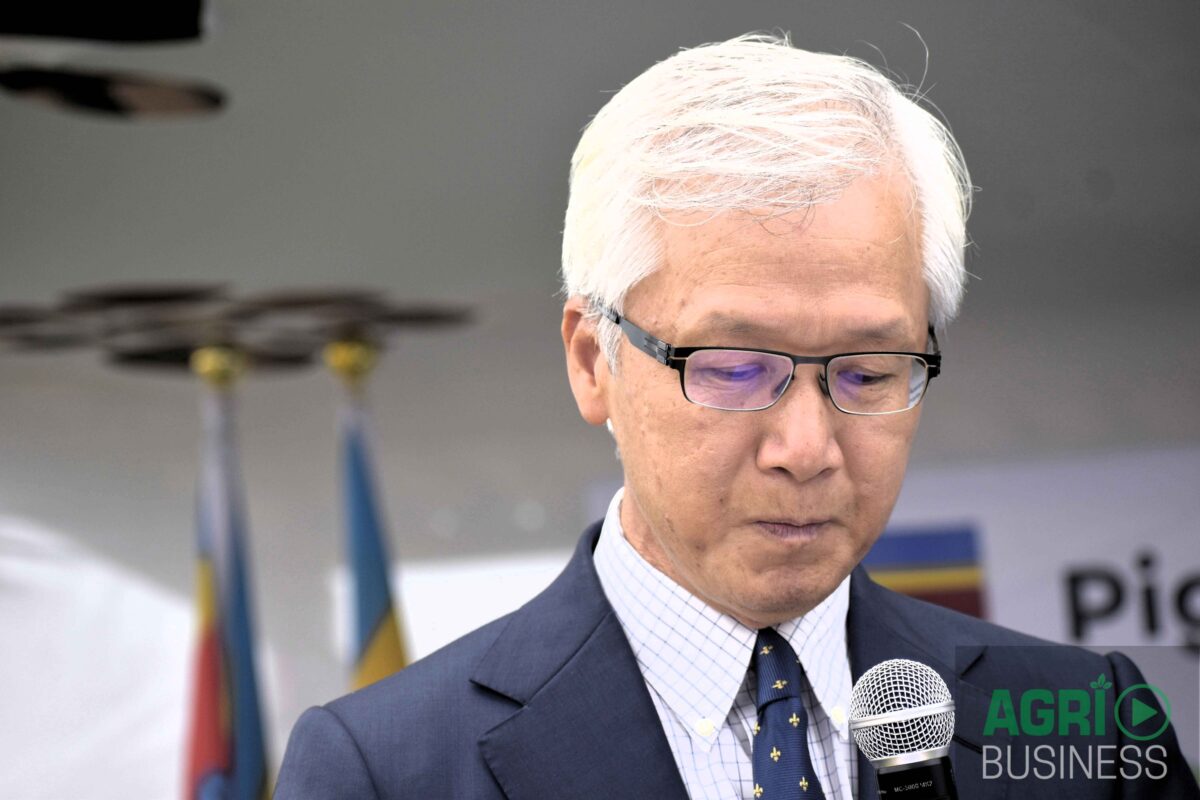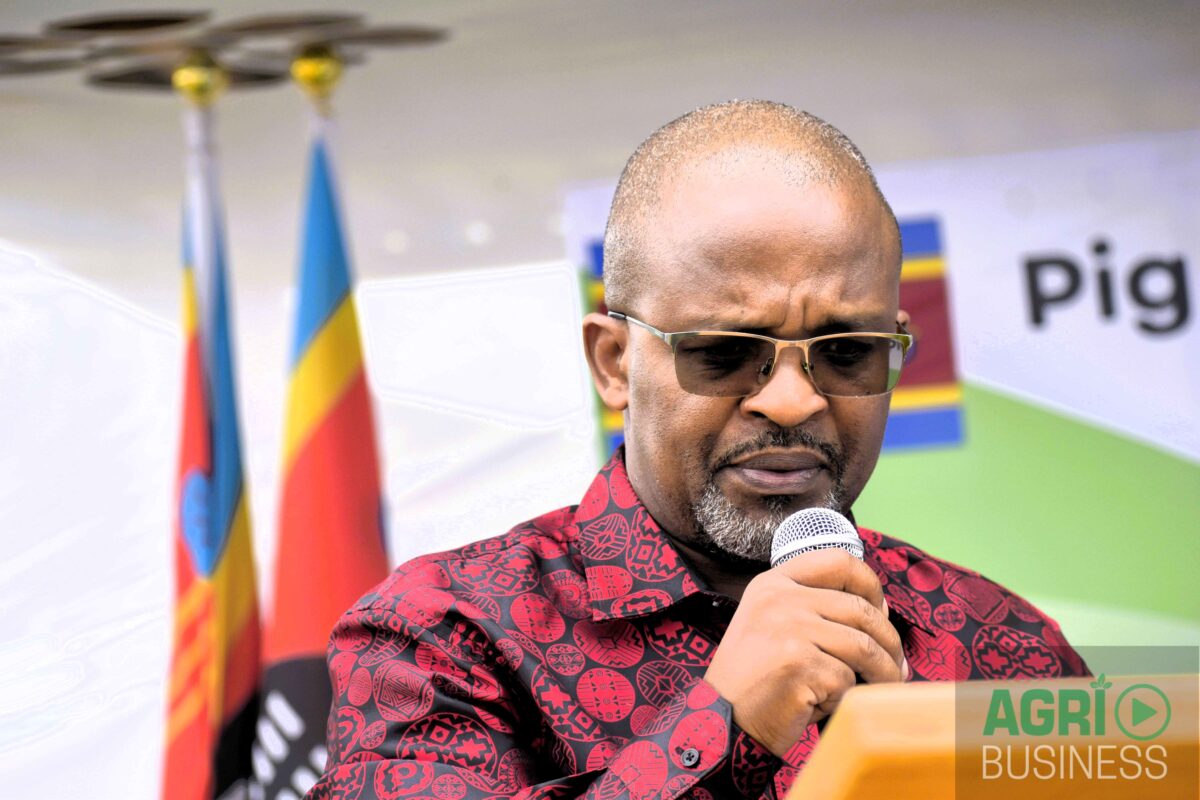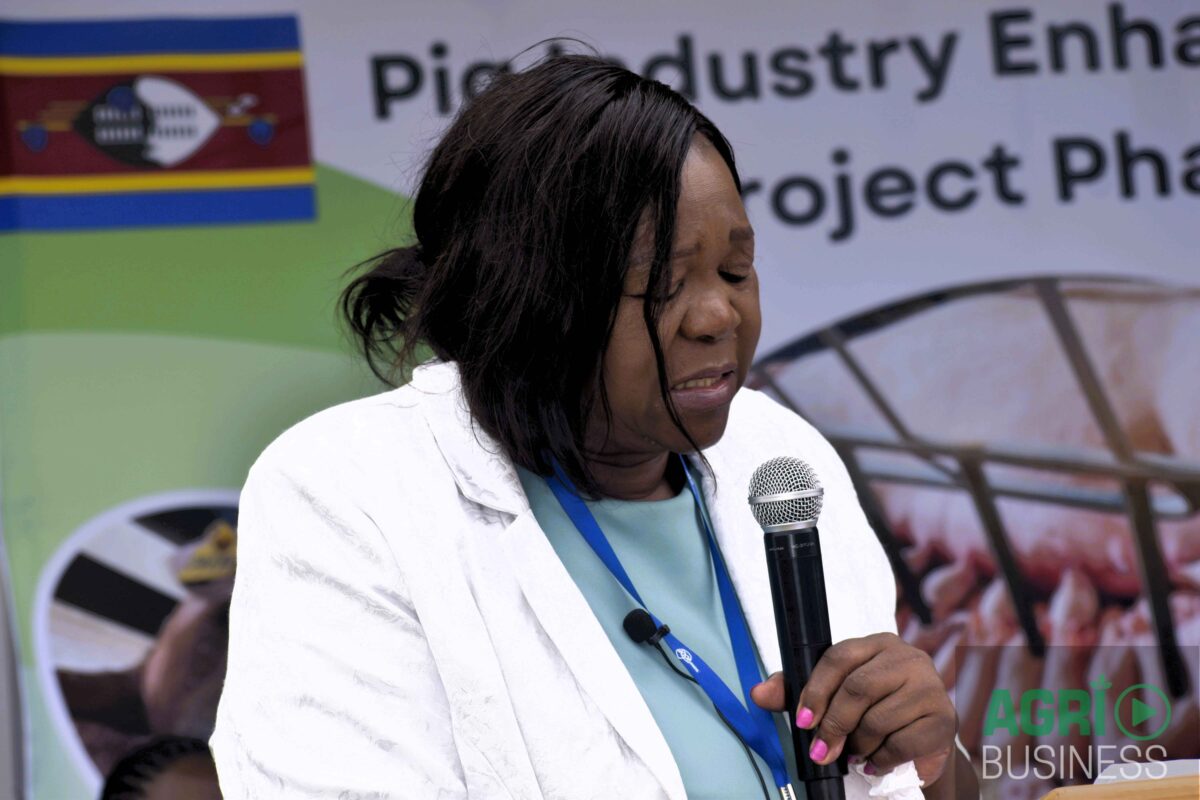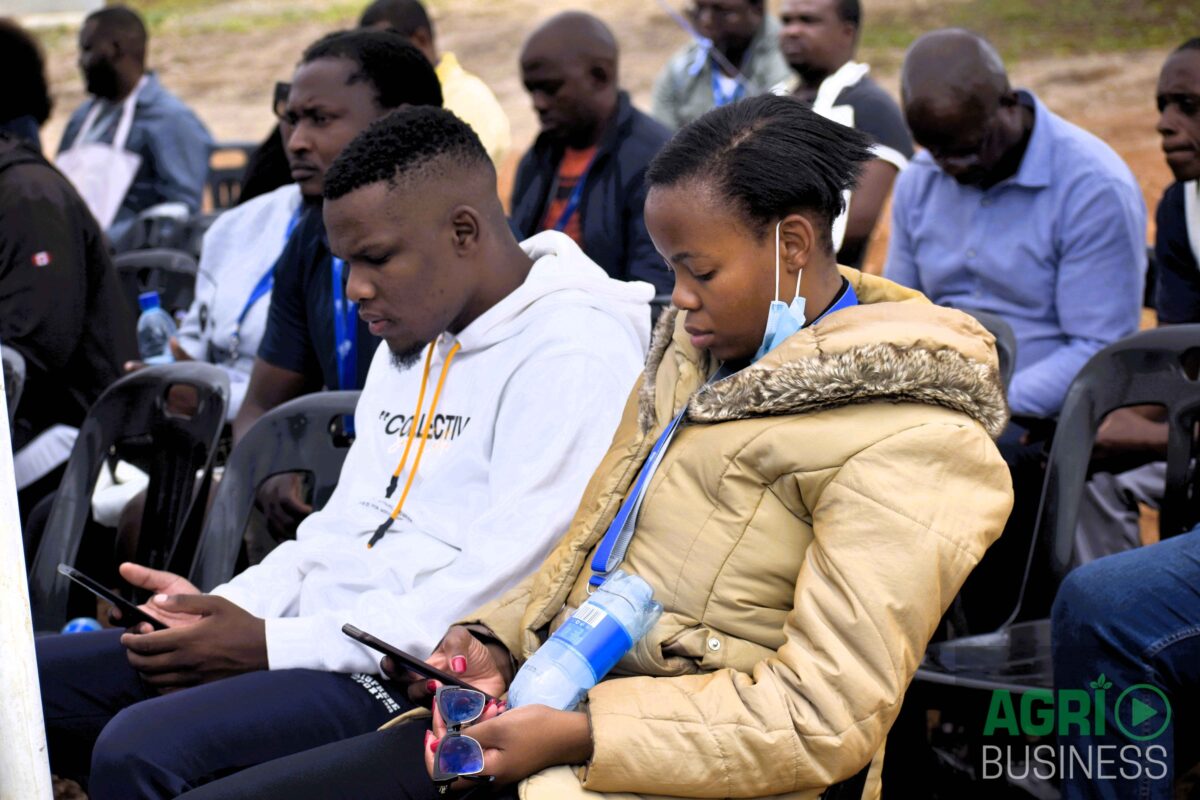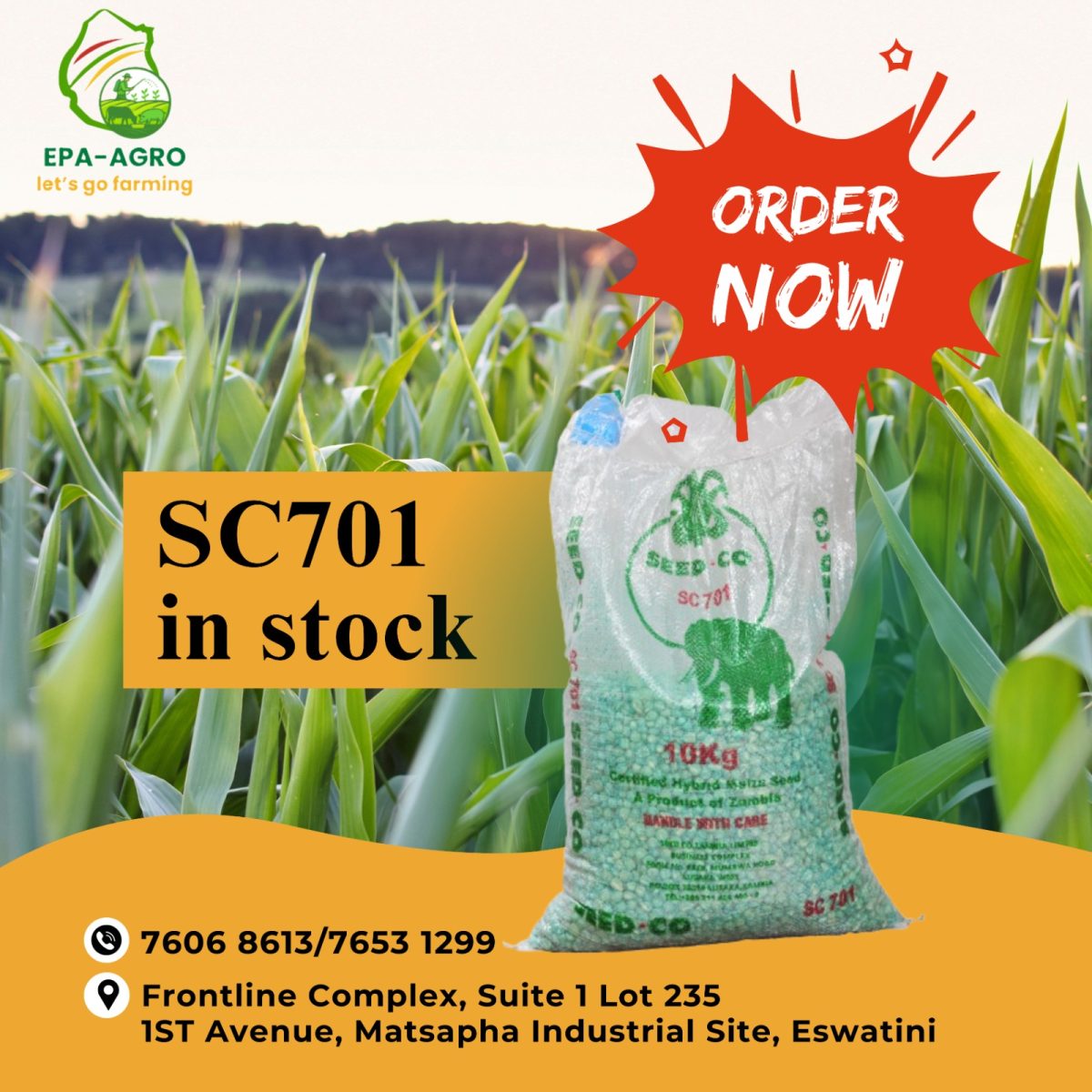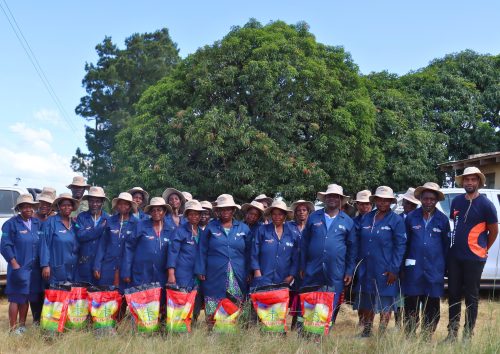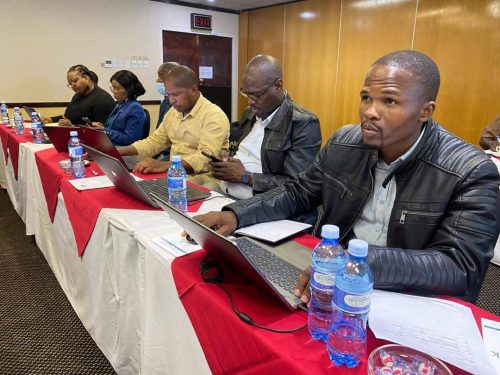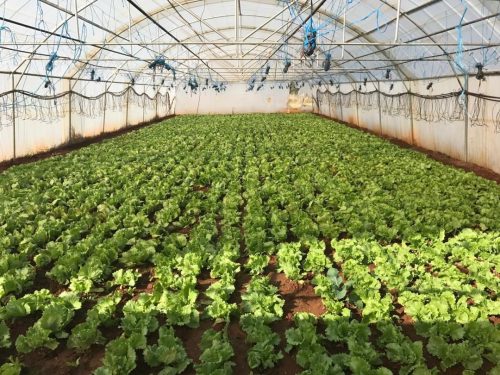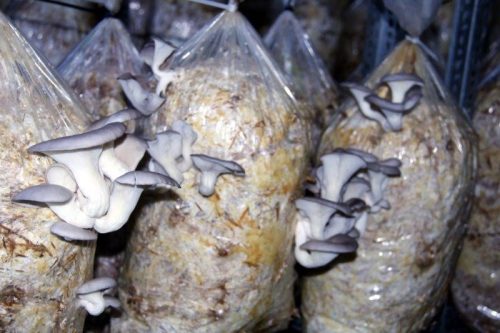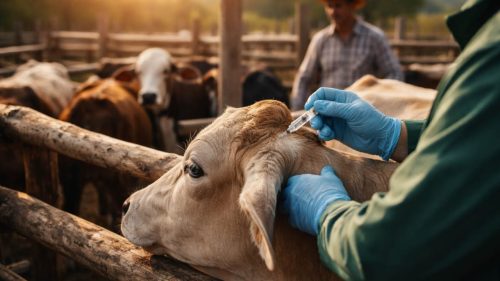BY SIKHULILE DLAMINI
Eswatini has officially launched the Mpisi Pig Breeding Station — a modern nucleus farm designed to boost pork production, create jobs, and empower rural farmers while reducing the country’s reliance on imports. The facility was unveiled today by Minister of Agriculture Mandla Tshawuka as part of Phase II of the Pig Industry Enhancement Project, funded by the Republic of China (Taiwan) through the Taiwan ICDF.
The facility, built at a cost of E4.9 million, is designed to address systemic challenges in pig breeding and provide a consistent supply of high-quality genetics to farmers across the Kingdom.
A Game-Changer for Farmers and the Economy
“The Nucleus farm at Mpisi is not just about pigs — it’s about people, prosperity, and progress,” said Minister Tshawuka. “It serves as a foundation for pig farming excellence and is fully aligned with our broader vision of achieving food sovereignty and building an export-ready agricultural sector.”
Minister Tshawuka highlighted the project’s significant economic impact, pointing out its role in job creation, youth empowerment, and rural development:
“This project has the power to create employment for our young people, particularly in rural and vulnerable communities. With a production capacity of 450 high-quality breeding stock per year and 2,250 straws of semen for artificial insemination, we are laying the groundwork for wealth creation through agri-business.”
He further emphasized that pig production — given its early maturity and high reproduction rate — presents one of the most promising avenues for scaling agricultural productivity and reducing reliance on pork imports.
Taiwan Partnership Delivers Tangible Results
Addressing the audience, His Excellency Jeremy H.S. Liang, Ambassador of the Republic of China (Taiwan), who was represented by Deputy Ambassador Mr. Ching-Lin Tsuei, reaffirmed Taiwan’s unwavering support to Eswatini.
“Taiwan stands proudly beside the people of Eswatini. This project is not only a symbol of our partnership but a tangible step toward shared development goals — including food security, economic empowerment, and modernized agriculture.”
Real Voices from the Ground
Ms. Marjorie Mavuso, a seasoned farmer and representative of the Pig Farmers , gave a heartfelt account of her journey.
“Looking back, pig farming was full of struggle. Today, it’s a source of dignity and opportunity. Since 2015, we’ve increased pig production by over 70%, and this farm will take us even further,” she said.
Mavuso praised government support, Taiwan’s technical expertise, and training from Ministry extension officers, while calling for sustained investment in cold chains, infrastructure, feed subsidies, and disease surveillance.
“By 2030, we want to see Eswatini not only self-sufficient in pork but exporting across SADC. Let’s build an industry that creates wealth, respects the environment, and brings hope to rural families.”
A Broader Vision for Agricultural Transformation
The Minister also used the platform to outline several complementary initiatives aimed at enhancing agricultural productivity:
- The Eswatini Agricultural Development Fund (EADF) has begun disbursing funds to farmers, addressing the long-standing issue of access to finance.
- The upcoming Smallholder Agricultural Productivity Enhancement and Marketing Project (SAPEMP), funded by IFAD and the Green Climate Fund to the tune of E851 million, will target youth, women, and persons with disabilities.
- Plans for a cargo terminal and distribution centre at King Mswati III International Airport will enable exports via air freight, preserving product quality and reducing payment delays to farmers.
“We are no longer dreaming,” said the Minister. “We are implementing policies and programmes that drive innovation and economic growth. With everyone’s contribution — from government to farmers — we are moving closer to His Majesty’s vision of a First World Eswatini.”
What’s Next?
The Mpisi Pig Breeding Station is expected to:
- Increase pig production by 30% within a year
- Train at least 500 farmers annually
- Significantly reduce pork imports
- Boost employment in rural areas
Farmers have been urged to take full advantage of the training and superior genetics made available through the project — and to avoid breeding with culled pigs to preserve the integrity of the value chain.



